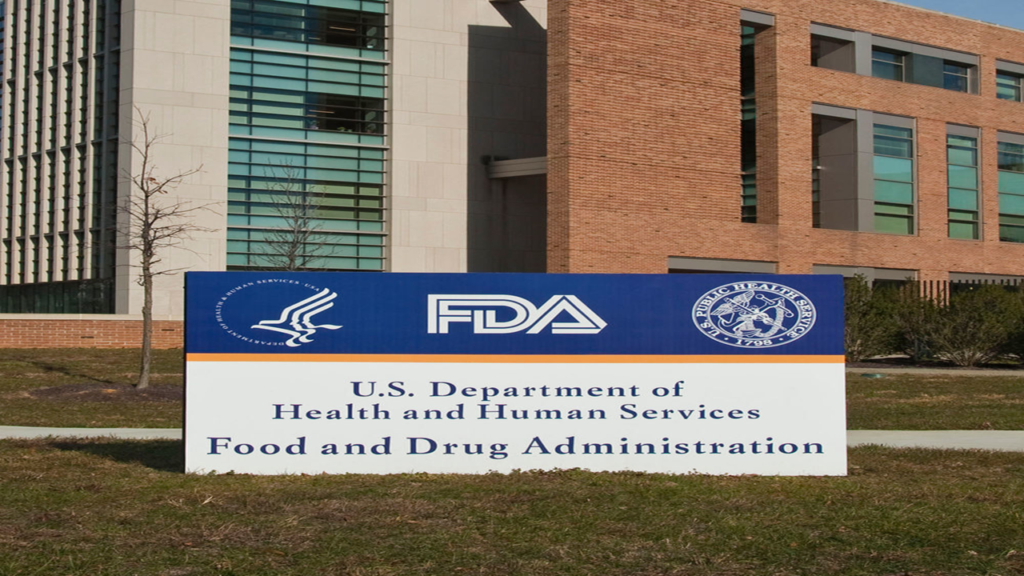
In a significant development for Alzheimer’s patients and their families, U.S. officials have granted full approval to a highly anticipated drug called Leqembi. This decision paves the way for Medicare and other insurance plans to cover the treatment for individuals suffering from the devastating effects of Alzheimer’s disease.
Leqembi, an intravenous (IV) medication developed by the Japanese pharmaceutical company Eisai, has been endorsed by the Food and Drug Administration (FDA) for patients experiencing mild dementia and other symptoms associated with early-stage Alzheimer’s disease. Notably, Leqembi is the first drug that has been convincingly demonstrated to modestly slow the cognitive decline caused by Alzheimer’s.
The FDA initially granted conditional approval to Eisai in January based on promising early results that indicated Leqembi effectively cleared the sticky brain plaque associated with the disease. To confirm these findings, the FDA conducted a comprehensive review of data from a larger study involving 1,800 patients. The results showed that individuals who received Leqembi experienced a delay in memory and cognitive decline of approximately five months compared to those who received a placebo.
Teresa Buracchio, the neurology drug director at the FDA, expressed confidence in Leqembi’s efficacy, stating, “This confirmatory study verified that it is a safe and effective treatment for patients with Alzheimer’s disease.”
However, it is crucial to note that Leqembi does come with potential risks. The drug’s prescribing information will include a warning about its most serious side effects, including brain swelling and bleeding. While these side effects are rare, they are significant and must be closely monitored. It is worth mentioning that similar plaque-targeting drugs for Alzheimer’s have also been associated with these risks.
The full approval of Leqembi holds immense significance for Alzheimer’s patients, as well as their advocates, who have been actively lobbying the government for access to this treatment. Last year, Medicare officials had announced that they would not cover the routine use of Leqembi until it received full FDA approval. The concern was primarily centered around the potential financial strain on the program, as the cost of new plaque-targeting Alzheimer’s drugs like Leqembi could have overwhelmed Medicare’s finances. It is worth noting that Leqembi is priced at approximately $26,500 for a year’s supply of IV treatments administered every two weeks.
The approval of Leqembi marks a significant milestone in the battle against Alzheimer’s disease. This devastating condition affects millions of individuals and their families, and the availability of an FDA-approved treatment brings hope for improved quality of life and the potential to slow the progression of the disease. With Medicare and other insurance plans now poised to cover the cost of Leqembi, more patients will have access to this groundbreaking treatment, fostering optimism for a brighter future in the fight against Alzheimer’s.
